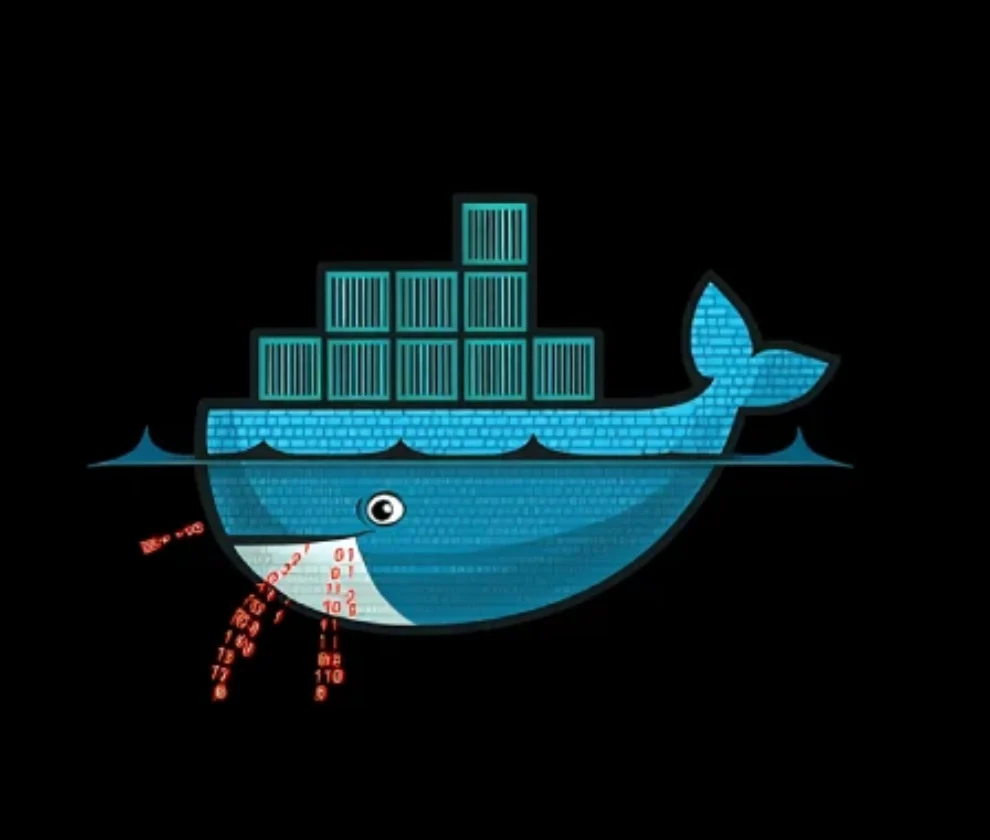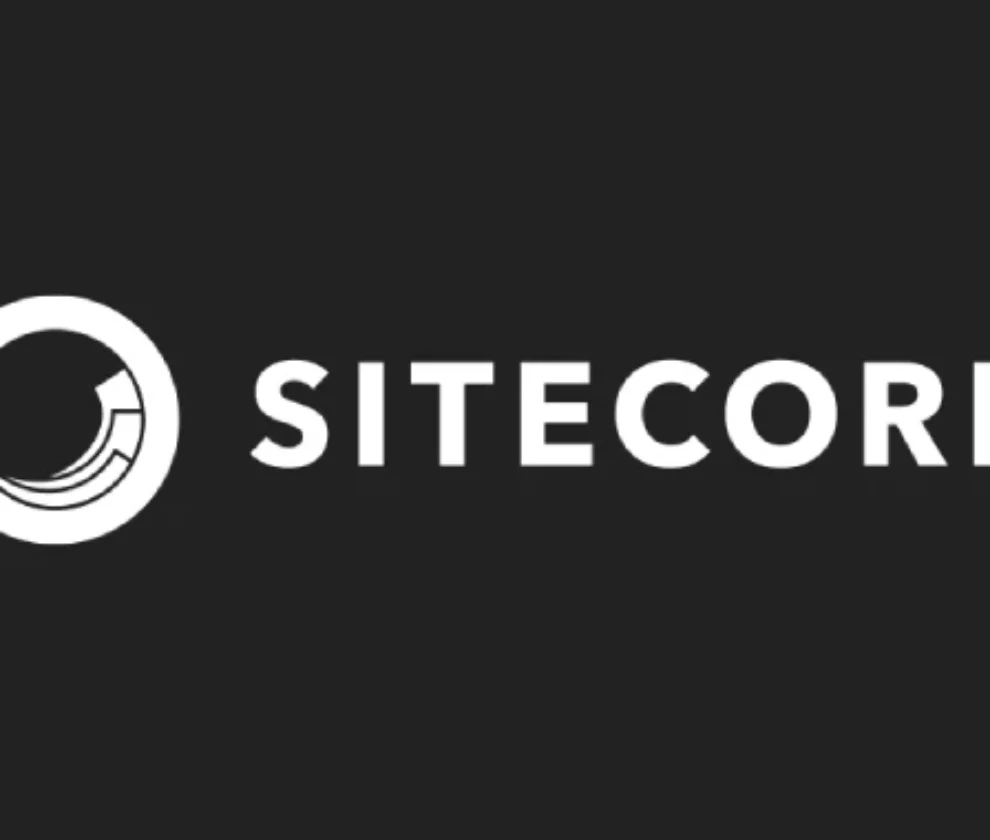The medical field is undergoing an extraordinary transformation, thanks to advancements in artificial intelligence (AI). Google’s creation, DeepSomatic, has emerged as a groundbreaking AI tool designed to pinpoint genetic mutations linked to cancer growth. In this article, we’ll dive into how DeepSomatic is revolutionizing cancer diagnosis and treatment, why it’s a game-changer, and its potential to reshape the medical landscape.
Understanding the Role of Somatic Mutations in Cancer
Cancer is fundamentally a genetic disease, driven by abnormalities within a cell’s genome. A critical challenge in cancer research and diagnosis lies in identifying somatic mutations—non-inherited genetic changes that emerge post-birth. These mutations are often obscured by sequencing errors or other cellular data, making their identification exceedingly difficult.
DeepSomatic overcomes this challenge through the use of convolutional neural networks, capable of analyzing genetic sequencing data with unmatched precision. By isolating somatic mutations, this AI tool offers insight into the intricate mechanisms that fuel cancer proliferation.
How DeepSomatic Operates in Clinical Settings
In clinical environments, it’s common practice to compare the genomes of a patient’s tumor cells with their healthy cells. DeepSomatic enhances this process by detecting critical variations that drive tumor growth. Using biopsy-derived data, the tool generates chromosomal visualizations, which enable clinicians to identify specific mutations with high accuracy and minimal error.
What sets DeepSomatic apart is its ability to operate in “tumor-only” mode. This feature proves indispensable when there isn’t enough healthy tissue for direct comparison, such as in cases of leukemia. It ensures critical mutations are identified, even under such constraints.
The Foundation of High-Quality Data: CASTLE Dataset
DeepSomatic owes much of its success to a robust training foundation: the CASTLE dataset. Developed in collaboration with the UC Santa Cruz Genomics Institute and the National Cancer Institute, this dataset has enabled the AI model to handle diverse cancer types, including those involving complex mutations.
What truly differentiates DeepSomatic is its ability to detect intricate genetic anomalies such as insertions and deletions. For instance, in tests using Illumina sequencing platforms, the tool achieved an impressive F1 precision score of 90%, outpacing many existing solutions.
DeepSomatic’s Expansive Clinical Applications
While extensively tested on common cancers like breast and lung cancer, DeepSomatic has shown exceptional prowess in diagnosing rarer cases. For example, during a collaboration with a pediatric hospital, the tool analyzed eight leukemia samples. Not only did it confirm previously known variants, but it also identified ten novel mutations, paving the way for new therapeutic possibilities.
This highlights DeepSomatic’s potential not only as a diagnostic tool but also as a driver for innovative treatment development in oncology.
Challenges to AI Integration in Cancer Diagnosis
Despite its transformative capabilities, integrating DeepSomatic into clinical practice isn’t without hurdles. A significant challenge is the prevalence of conventional diagnostic methods in hospitals. Additionally, patient sample quality can be compromised by preparation methods such as FFPE (formalin-fixed, paraffin-embedded), which often result in degraded data.
However, DeepSomatic has demonstrated superior performance compared to traditional tools, even when working with suboptimal samples, reinforcing its utility in varied clinical scenarios.
The Future of DeepSomatic and Personalized Medicine
Google envisions DeepSomatic playing a pivotal role in advancing personalized medicine. By identifying novel therapeutic targets and customizing existing monoclonal antibody treatments to match tumor-specific profiles, this AI tool could significantly enhance healthcare outcomes.
For laboratories and clinics, implementing DeepSomatic represents not just an upgrade in diagnostic proficiency but a leap towards innovation in medical research. By enabling early diagnosis and tailored treatment plans, the tool holds the promise of saving countless lives in the years to come.
Conclusion: Transforming Oncology with AI
DeepSomatic isn’t merely a technological advancement; it’s a monumental stride in the fight against cancer. Marrying artificial intelligence with medical expertise, Google offers a tool that accelerates diagnosis, personalizes treatment, and fosters a future where cancer may one day be eradicated.
Explore cutting-edge technologies with Advanced Solutions from Lynx Intel and discover the impact of AI in reshaping various industries, including healthcare.


